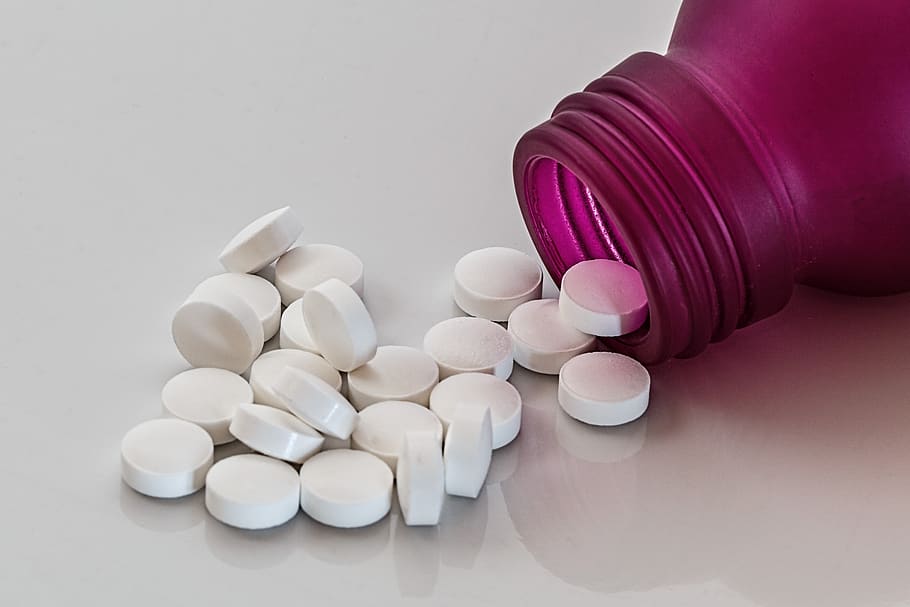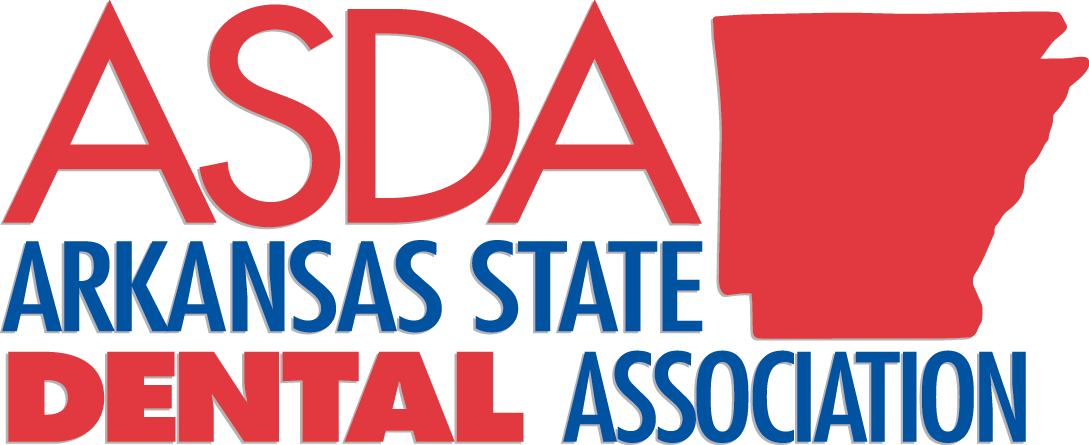Awards & Nominations
HONOR YOUR COLLEAGUES – Help ASDA recognize its outstanding members by providing a nomination for one or all the categories below. Please fax or e-mail your nomination to ASDA by Wednesday, January 29 at 12 noon with the following information:
1. Name of nominee and award
2. Brief narrative describing why the nominee deserves the award
3. Your name and contact information
4. Fax the nomination to ASDA at 501-834-7657 or e-mail to billy@arkansasdentistry.org
DISTINGUISHED SERVICE AWARD -As ASDA’s highest honor, this award recognizes dentists who have unselfishly served the best interests of dentistry and the public and have proven their commitment to all levels of organized dentistry in an ethical and moral fashion.
Previous Recipients:
Tommy Roebuck • Bob Burch, Sr. • Frank Grammer • Calvin Wilkins • Billy Capps • Kim Keisner • Wendell Garrett • Jim Orsini • Terry Fiddler • George Morledge • Warren Whitis • Bob Skinner • Bill Slagle • Wayne Looney (posthumous) • David Bell • Herman Hurd • Mark Murphy • Steve Kilpatrick • Tim Chase (posthumous) • Tom Isbell • Drew Toole • Werner Schneider • John Pitts • George Martin • Jim Phillips • Dwight Duckworth • Bob Mason
JACK LOGAN HUMANITARIAN AWARD -This award is given annually in recognition of the humanitarian spirit of the late Dr. Jack Logan. Nominees should have generously contributed to relief operations and/or lifesaving services at home and/or abroad.
Previous Recipients:
Jack Logan (posthumous) • Bill Alfonso • James Hankins • Rob Lewis • James Lee, Jr. • Susan Wamble • Bill Panneck • Alan Ainley • Harold Mitchell • Terry Fiddler • Danny Haynes • Chuck Wood • Ken Pearson • Ken Covington • Kenton Ross • Hassan Bashiri • Mark Bailey • Mark Murphy
NEW DENTIST AWARD -Nominees must have graduated from dental school after 2006. He or she should exemplify outstanding leadership in varied levels of organized dentistry and be committed to representing dentistry in an ethical manner.
Previous Recipients:
Alan Ainley • Bob Skinner • Carmella Montez • Niki Carter • Kenton Ross • Scott Byrd • Miranda Childs • Brock Brown • Tony Bartels • Stotts Isbell • Stacey Swilling • Joseph Barker • Troy Bartels • Paul Winborn • Tina Nichols • Jordan Cooper • Cynthia Caceres Baker (posthumous) • Angela Broomfield • Charles Liggett • Ryan Hanry • Bryan Bishop • Garrett Taylor • Natalia Hodge • Cole Johnson • Keith Jones • Ashley McMillan • Ethan Ake • Alan Nguyen
______________________________________________________________________
NOTICE OF ASDA GENERAL ASSEMBLY: MEMBERS ONLY
The Arkansas State Dental Association will hold its annual General Assembly meeting on Friday, March 14, 2025 at 12:00PM in the Hamilton Porter Room in Robinson Auditorium, 426 W. Markham St, Little Rock for the election of officers and other business. All ASDA members are welcome to attend. Lunch will be served.












